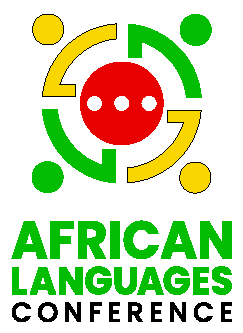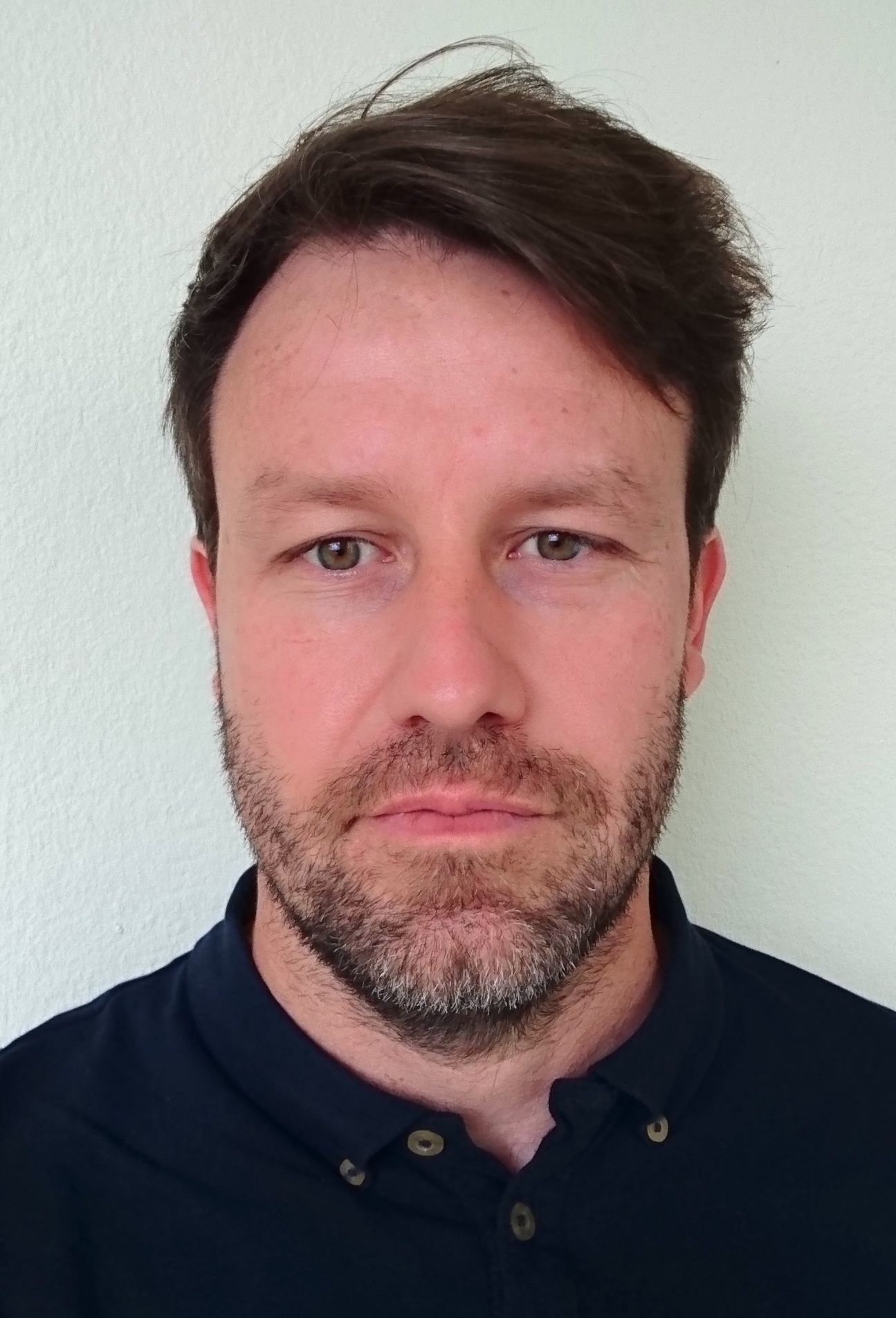In this series to showcase the work of African language activists and technologists, Grant McNulty a researcher, project manager, and the director of iAfrika Digital (a company that creates digital resources for African language speakers) shares with us his journey and motivation behind iAfrika Digital.
“When I finished school I studied Zulu, the main indigenous language in my hometown of Durban in South Africa. While I could easily find resources in my mother tongue, English, those who spoke Zulu and other African languages had a much harder time. That is where the seed of iAfrika Digital was sown as I set out to contribute to making the web more African….”
Can you tell us about your current project(s) and their potential impact?
“Diji: Our e-learning platform offers short courses in African languages. It focuses on practical skills, applicable to real-world contexts. We recently delivered an introductory course in digital literacy in Xhosa (South Africa), Yoruba (Nigeria), and Swahili (East Africa). Over a period of three months, without any marketing budget or dedicated promotion, it reached 4,532 learners who engaged with the course materials 16,481 times.
iAfrika: Our cultural and historical knowledge website features over 3,000 articles in eight African languages. Each month it attracts over 150,000 visitors who access its pages over 500,000 times.”
Can you share a success story or a challenging experience with the iAfrika Digital project?
“I would say that our iAfrika project, which welcomes over 1.7 million visitors a year, is both a success and a challenge. It is a success in terms of its reach but it is an ongoing challenge to keep it running and to expand it to different African regions and languages.
We have tried a number of approaches to make it economically viable including cultural products and services, working with public libraries, and African language advertising. Our next step is to engage the African diaspora for their support.”
What role do you think languages play in African identity and culture?
Language is a central element of African identity and culture. It is one of the most important vehicles of cultural and knowledge transmission.
What do you think is the most significant challenge facing African languages today?
“I would say one of the key challenges is their recognition in the face of dominant, global languages, like English. African languages hold and transmit important cultural, historical, and indigenous knowledge that can be leveraged to tackle issues like education, food security, and climate change. Yet many African countries still prioritize colonially-installed languages, there is insufficient investment in African languages and a lack of digital resources for these languages.”
How can we support and amplify the work of African language activists and technologists?
“I think we should create spaces (online, in-person events, etc.) and opportunities for African language activists and technologists to collaborate. This might be applying for a grant or working together on open-source tools or software to advance African languages. Community and culture are key aspects of supporting African languages and practitioners. We should ensure that projects are driven by the needs of African language communities and appropriately represent African cultures, histories, and knowledge.”

